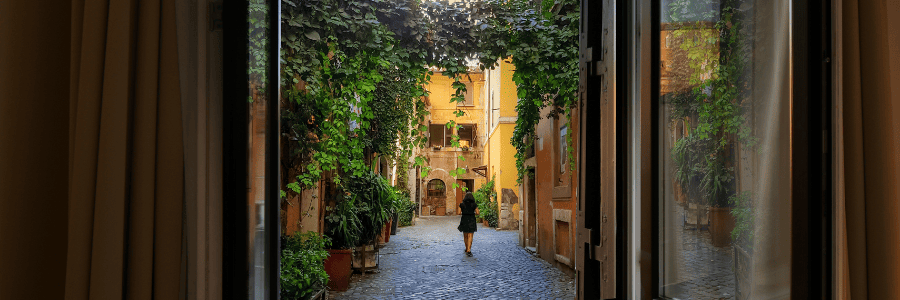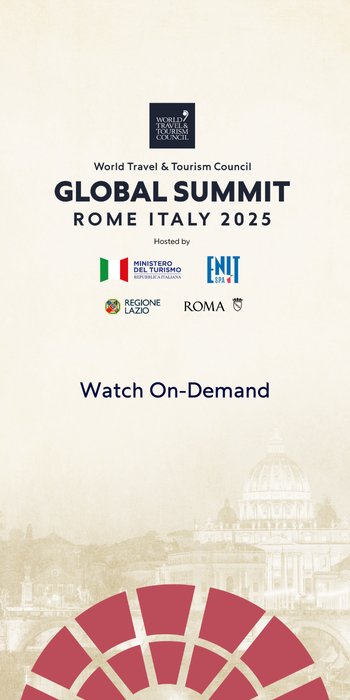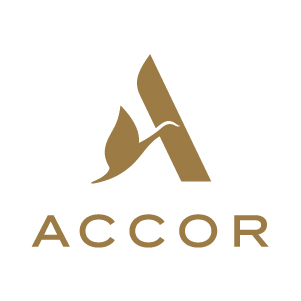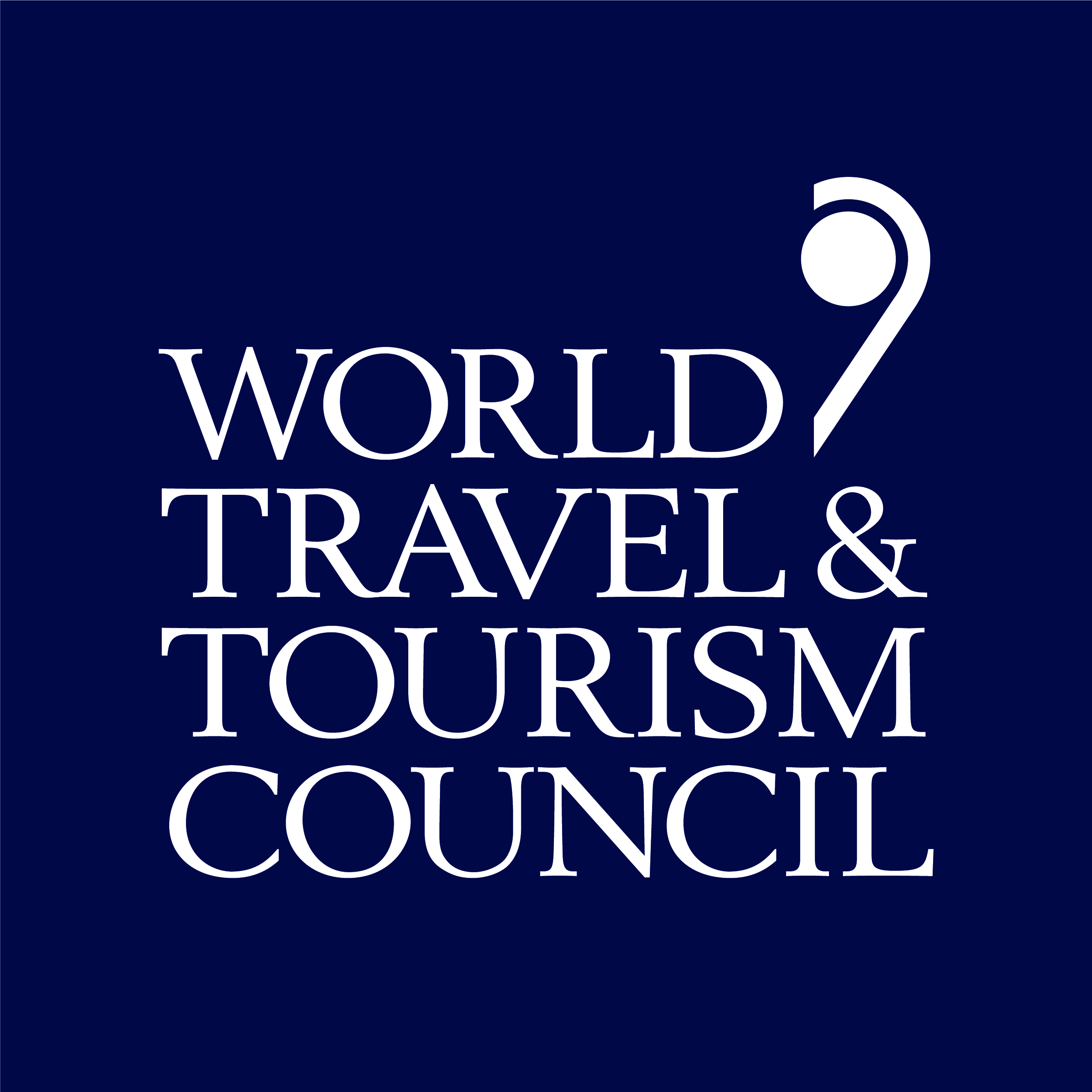Exploring the economic impact of travel and tourism: Solo travellers as catalysts for SME growth

Have you ever considered the ripple effects of solo travel on the local economies? While the allure of solo travel has grown significantly in recent years, sparking trends on social media and in travel blogs, the economic impact of Travel & Tourism driven by this growing market is often overlooked. Solo travellers, armed with an adventurous spirit and an appetite for authentic experiences, offer far more than picturesque photos of landscapes or bustling marketplaces. In fact, they are emerging as powerful economic drivers, especially for small and medium enterprises (SMEs).
From spending on boutique accommodations to dining in hidden gems and immersing themselves in local attractions, solo travellers are redefining the way we think about tourism. Their independent spending habits, driven by a desire to support local businesses and explore destinations beyond the typical tourist traps, provide crucial economic support to SMEs, strengthening the economic resilience of these regions.
Sign in to access actionable insights
Have you ever considered the ripple effects of solo travel on the local economies? While the allure of solo travel has grown significantly in recent years, sparking trends on social media and in travel blogs, the economic impact of Travel & Tourism driven by this growing market is often overlooked. Solo travellers, armed with an adventurous spirit and an appetite for authentic experiences, offer far more than picturesque photos of landscapes or bustling marketplaces. In fact, they are emerging as powerful economic drivers, especially for small and medium enterprises (SMEs).
From spending on boutique accommodations to dining in hidden gems and immersing themselves in local attractions, solo travellers are redefining the way we think about tourism. Their independent spending habits, driven by a desire to support local businesses and explore destinations beyond the typical tourist traps, provide crucial economic support to SMEs, strengthening the economic resilience of these regions.
Solo travellers are independent spenders
Solo travellers represent a unique demographic of tourists, driven largely by freedom and flexibility. Unshackled by the constraints of group dynamics or family preferences, they are more likely to veer off the beaten path. They tend to seek out accommodations, restaurants, and attractions that offer a personal touch or reflect the culture and heritage of a place. This preference directly benefits SMEs, which often pride themselves on providing authentic services. Whether it is a quaint guesthouse nestled in a historic neighbourhood, a family-owned café offering local cuisine, or an artisanal shop selling handcrafted souvenirs, SMEs often deliver the kind of experience that resonates with solo travellers. By spending at these smaller establishments, solo travellers are actively contributing to the economic impact of Travel & Tourism, ensuring that more of the money stays within the local economy.
In Kyoto, Japan, the rise of solo travel has spurred a thriving market for small ryokan (traditional inns), which focus on offering a personalised, tranquil stay. These boutique accommodations, often run by families, provide a stark contrast to the bustling, commercialised hotel chains. Solo travellers, seeking immersion into the local way of life, are more likely to book such stays, thereby contributing directly to the income of small business owners and promoting the preservation of cultural practices. This is a testament to how solo travellers can strengthen tourism-dependent economies.
Accommodation choices: A direct support to local economies
Accommodation is one of the most significant expenditures for any traveller, and solo travellers are no exception. However, what makes their spending particularly impactful is their tendency to choose smaller, independently-run accommodations such as bed-and-breakfasts, boutique hotels, hostels, or vacation rentals. The surge in solo travellers in Kyoto has led to an increase in bookings at smaller, neighbourhood guesthouses and ryokan. Many of these establishments are locally owned, meaning that a significant portion of the money stays within the community, supporting not just the accommodation providers but also their local suppliers This type of spending plays a significant role in enhancing the economic resilience of local economies.
This dynamic has a multiplying effect. When solo travellers choose to stay in these locally-owned accommodations, they also tend to spend more time exploring the surrounding neighbourhoods, dining at nearby cafes, shopping at local markets, and visiting smaller attractions. In turn, this creates a network of support for multiple SMEs, showcasing the economic impact of Travel & Tourism at a grassroots level.
Dining and local cuisine: A taste of economic impact
Food is an integral part of the solo travel experience, with many travellers eager to indulge in local cuisine and seek out hidden culinary gems. Solo travellers often prefer to avoid the touristy, mass-market restaurants in favour of small, local establishments that offer authentic flavours. This preference directly channels funds into the pockets of small business owners, chefs, and staff, and contributes to the vibrancy of local food cultures.
In Vietnam street food vendors have long been a favourite among solo travellers. Whether it is grabbing a steaming bowl of pho from a street vendor in Hanoi or sitting down for a plate of bánh mì at a small, family-run eatery, solo travellers provide consistent business to SMEs. This consistent patronage helps these small enterprises not only survive but thrive, as they can rely on a steady stream of independent travellers. This steady flow of customers also builds the economic resilience of local SMEs, enabling them to better withstand fluctuations in the broader tourism market.
Moreover, solo travellers are often food adventurers—eager to try local delicacies and specialties. This openness to new experiences means they are more likely to support niche businesses, such as artisanal food producers or sustainable, farm-to-table restaurants, further diversifying their economic impact on tourism-dependent economies.
Local attractions: Immersion equals investment
Beyond accommodations and dining, solo travellers are often drawn to local attractions that offer a deeper understanding of a destination’s culture, history, and environment. They seek out unique, off-the-beaten-path experiences, whether it is a guided tour of an artisan’s workshop, a local cooking class, or an eco-tour led by a local naturalist.
In destinations such as Bali, Indonesia, solo travellers are increasingly participating in locally-run workshops that teach traditional crafts like batik or wood carving. These workshops, typically operated by small businesses or cooperatives, provide travellers with an immersive experience while simultaneously supporting the livelihoods of local artisans. Similarly, eco-tours that focus on sustainable travel practices, such as birdwatching in Costa Rica or snorkelling in the Philippines, often rely on solo travellers who are keen on engaging with nature in a responsible and educational manner. This not only benefits the SMEs running these tours but also promotes environmental conservation and sustainable tourism practices, further contributing to the economic resilience of tourism-dependent economies.
The multiplier effect: A lifeline for local SMEs
The economic impact of Travel & Tourism extends beyond the immediate transaction. Every pound spent on accommodation, dining, or attractions circulates within the local economy, creating a multiplier effect. For instance, when a solo traveller stays at a locally-owned guesthouse, the owner may use that revenue to pay local employees, purchase goods from nearby suppliers, or invest in improving their property. This creates a chain reaction of economic activity, helping to sustain multiple SMEs. Moreover, solo travellers are often repeat visitors. The flexibility and independence they enjoy often lead them to form strong connections with the places they visit, making them more likely to return and continue supporting the businesses they have come to love. Their word-of-mouth recommendations, shared through social media or travel blogs, also attract more visitors, further boosting the local economy.
Solo travellers as catalysts for local growth
The rise of solo travel is not just a cultural phenomenon—it is an economic boon for SMEs. Through their independent spending habits, preference for authentic experiences, and desire to engage deeply with local cultures, solo travellers are emerging as key contributors to the economic vitality of destinations around the world. As more travellers embrace the solo journey, the positive economic impact of Travel & Tourism on SMEs will only continue to grow. For businesses, the opportunity to cater to this adventurous and conscious demographic is clear: by offering unique, personalised experiences, they can tap into a market that values authenticity and connection, driving sustainable growth and prosperity for years to come.

















